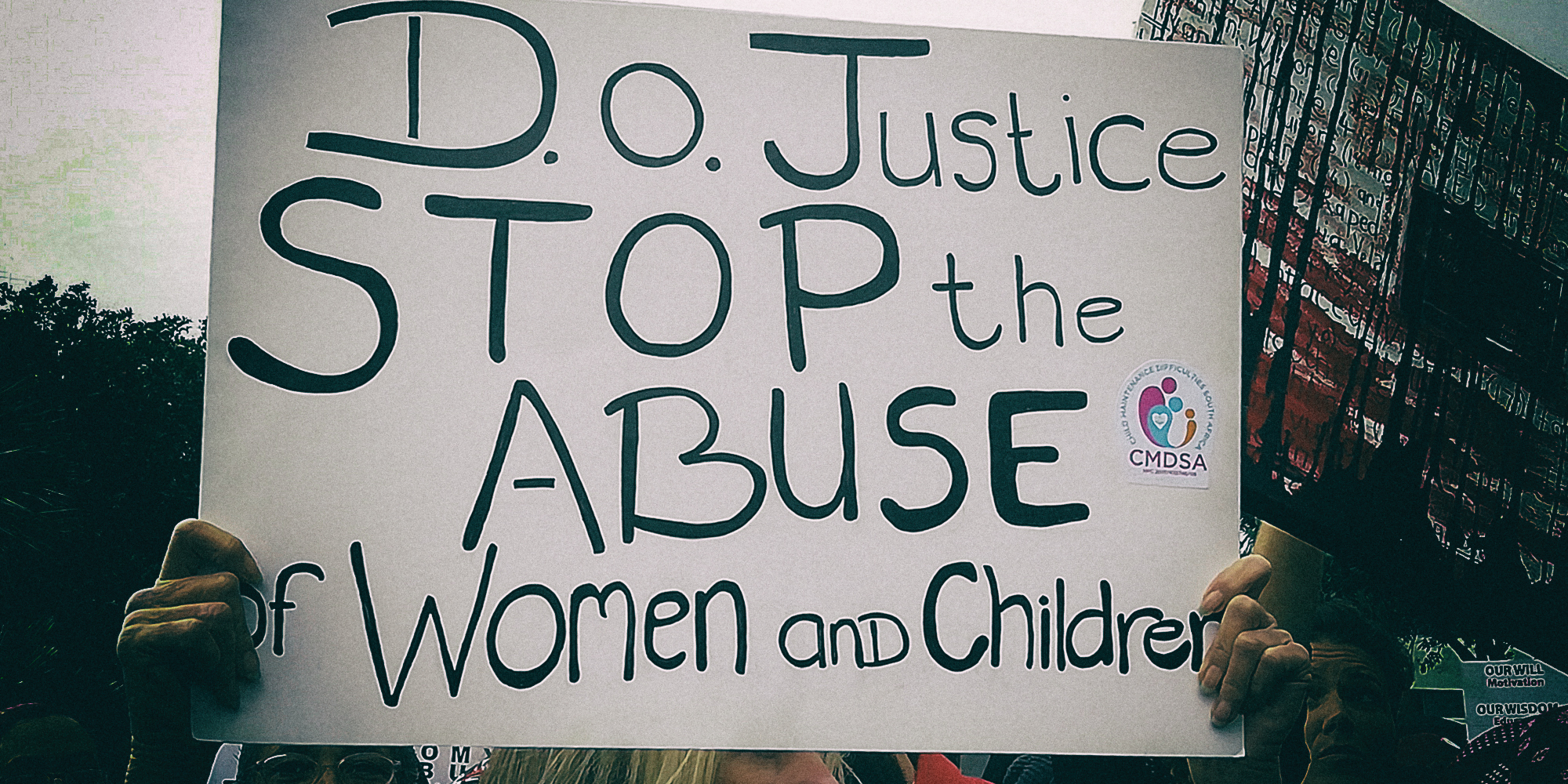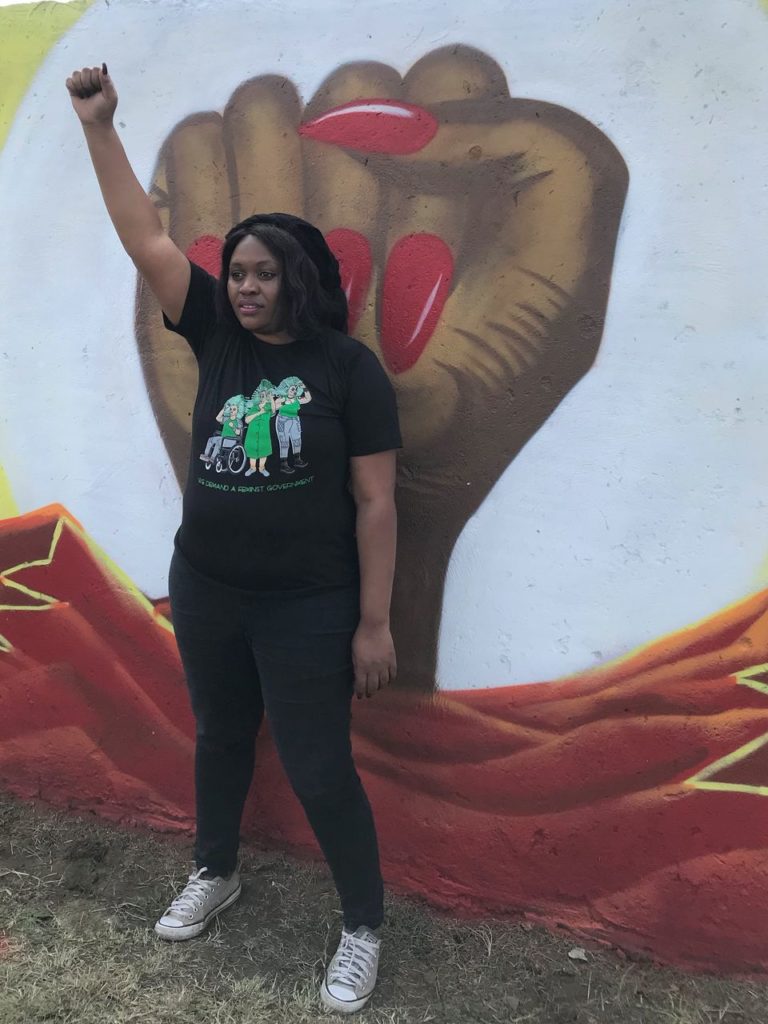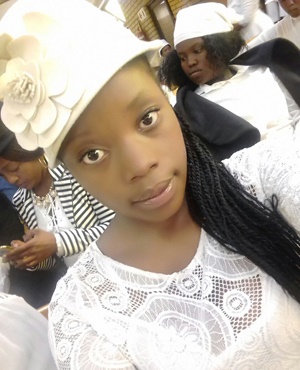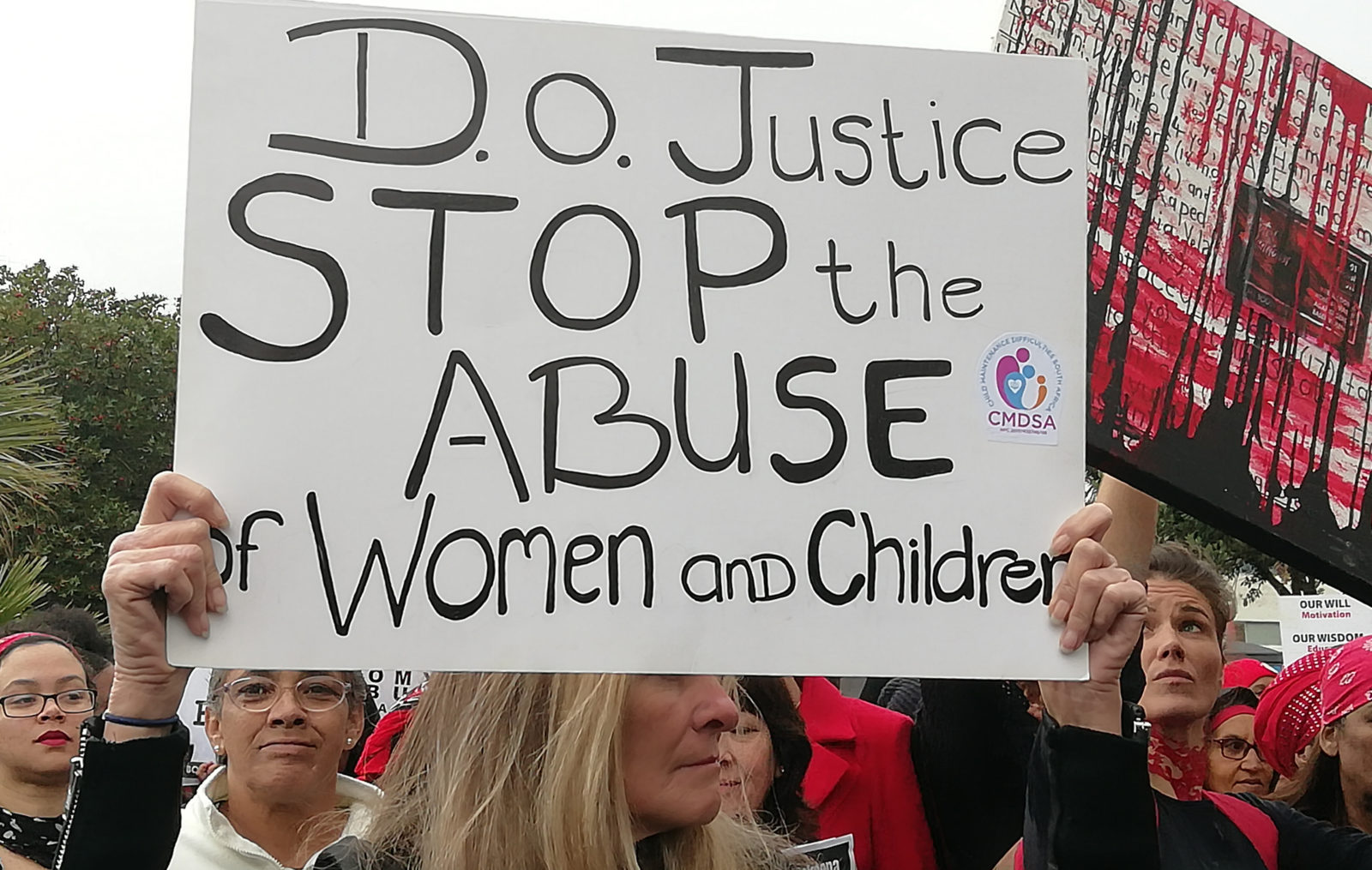
Just not (speeches and elections)
Just not
speeches and elections
our own Women’s Day is
a radio fellow expounds
like he needs to convince
someone out there
Just not
though most
to be heard is
often same old story
often same old song
(and for some reason
a bigwig male-head
does an official advert
saying “all racial groups”
were at that historic March)
Just not
politicians politicking
preying on the moment
feeding on the moment
angling for a sound-byte
Are we all talk
the world over
at a time of a pandemic
and Gender-Based Violence
and SA’s Women’s Month
where women are free
where women are not
where women are not yet
Are we alone
unique at that
See, too: “OPINION: What are we really celebrating this Women’s Day?”
(Photo Credit: Sune Payne / Daily Maverick)







